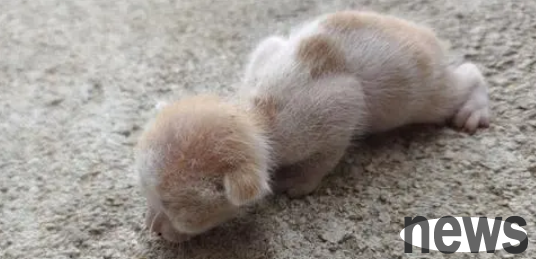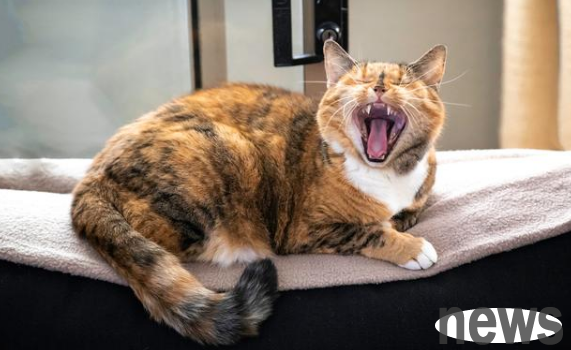The cat eats a lot but is very thin, so the owner must pay attention!
The cat eats a lot but is very thin, and is likely to suffer from digestive problems and needs to be examined by the veterinarian. It is recommended that you take the cat to the veterinarian for examination as soon as possible so that problems can be discovered in a timely manner and appropriate treatment measures will be taken.
Cats eat a lot but are very thin, which may be caused by infection with parasites in the body, and the nutrients they eat are taken away by parasites. Secondly, it may also be because cats usually eat a simple diet and lack fat and protein, so they will not gain weight no matter how much they eat. Furthermore, if the cat's stomach and intestines are fragile and sensitive, and often have soft stools and diarrhea, it will be difficult to gain weight due to poor absorption. In addition, if a cat suffers from diabetes, gastroenteritis, hyperthyroidism and other diseases, it will become increasingly thin. If the owner finds that this phenomenon has occurred in the cat for a long time, it is recommended to seek medical treatment in time.

1. Parasite infection
If the owner has not dewormed the cat for a long time, after the cat is infected with tapeworms, roundworms, hookworms, coccidiosis and other in vivo parasites, the parasite will continue to plunder the nutrition in the cat's body. Therefore, even if the cat eats more, it will still be very thin. Moreover, as the number of parasites increases, the cat may also experience symptoms such as vomiting, soft stool, and diarrhea. Therefore, the owner must help the cat deworm it regularly. It is generally recommended to perform internal deworming every three months and external deworming every month.
2. Single diet
If the cat usually eats too single food, such as eating only cat food, due to unbalanced nutrition, it will cause the cat to not be fat no matter how much it eats. Therefore, it is recommended that the owners choose a cat food with a high protein content as the staple food for their cats, and they can also occasionally feed some nutritious foods such as chicken, beef, nutritional paste, etc. to meet the cat's growth needs.

3. Bad stomach
If the cat's stomach and intestines are relatively fragile and often have diarrhea and vomiting, then no matter how much it eats, it will still be thin if the nutrients cannot be absorbed into the body. For cats with relatively fragile stomachs, it is recommended that the owners choose some foods that are easy to digest and absorb, and pay attention to eating less and more meals to avoid increasing the burden on the cat's stomach. In addition, the owner can also feed the cat an appropriate amount of probiotics to help the cat regulate its stomach and intestines.
4. Many diseases of cats that are sick will lead to weight changes, such as diabetes, gastroenteritis, hyperthyroidism, etc. These diseases will affect cats' absorption of nutrients. Many of the nutrients consumed will be lost with excretion. Therefore, cats may eat a lot due to hunger, but they will not gain weight no matter how they eat, and their spirits will also be affected. Therefore, if the owner finds that the cat has other abnormal symptoms, such as listlessness, diarrhea, excessive drinking and urination, he or she needs to go to the pet hospital for examination and treatment in time.




